So, which cases do not require a Building Permit?
Clause 2, Article 89 of the Construction Law stipulates cases exempt from Building Permits, including:
State secret construction projects; urgent construction projects.
Projects under state-funded investment projects approved by the Prime Minister, heads of central agencies of political organizations, the Supreme People’s Procuracy, the Supreme People’s Court, the State Audit, the Office of the President, the National Assembly Office, ministries, ministerial-level agencies, governmental agencies, central agencies of the Vietnam Fatherland Front, and political-societal organizations; Chairpersons of provincial People’s Committees approving construction investment.
Temporary construction projects as regulated in Article 131 of the Construction Law.
Interior repair, renovation projects or external renovation projects not adjacent to urban roads with architectural management requirements according to the regulations of the competent state authority; repair, renovation content does not change the intended use, does not affect the structural safety of the building, is compatible with approved construction planning, requirements for fire prevention and fighting, explosion prevention, and environmental protection.
Advertising projects not subject to building permit requirements according to advertising laws; passive telecommunications technical infrastructure projects as regulated by the Government.
Construction projects located in administrative units of two provinces or higher, construction projects along non-urban routes compatible with construction planning or technical, specialized planning approved by the competent state authority.
Construction projects that have been professionally appraised for design implementation results after meeting the conditions for design approval and meeting the conditions for building permits as prescribed by this Law.
Individual houses with a scale of fewer than 7 stories in urban area construction investment projects, detailed construction planning projects 1/500 approved by the competent state authority.
Grade IV construction projects, individual houses in rural areas with a scale of fewer than 7 stories and located in areas without urban planning, functional area planning or detailed construction planning for rural residential points approved by the competent state authority; grade IV construction projects, individual houses in mountainous, island areas located in areas without urban planning, functional area planning; except for construction works, individual houses built in conservation areas, historical-cultural relic areas.
Therefore, the State has flexibly regulated cases exempt from Building Permits to simplify some cases and ensure national security or the urgency and importance of construction projects. However, investors also need to note some following points:
The above is the advisory content of A&D Law Firm regarding cases exempt from Building Permits. Contact us today for detailed advice. [The content is for reference only, readers should not use it as legal documentation or reference in litigation.]
If you need any helps, please feel free to contact us. We will get back to you with 1 business day. Or if in hurry, just call us now.
Call : 028 888 555 35
support@andlaw.vn Mon – Fri 08:30-17:30
